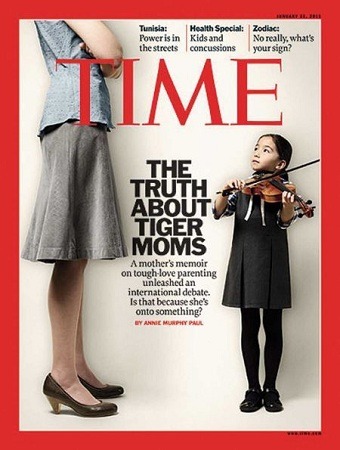
Tiger parents scored high on all eight traits, while easygoing parents scored low on all eight and harsh parents scored high on negative traits and low on positive ones.

Kim used four positive and four negative parenting attributes to sort parents by style: Supportive parents, for example, scored high on all positive attributes (such as being warm and explaining why rules are in place) and low on negative ones (such as using shaming to shape behavior). Comparing child and parent reports, she found parents fit four parenting styles: supportive (45 percent), tiger (28 percent), easygoing (20 percent) or harsh (7 percent). In one study, University of Texas at Austin associate professor Su Yeong Kim, PhD, tracked how the parenting practices of 444 Chinese-American families in northern California affected their children's adjustment over eight years. Park, PhD, of the University of Notre Dame. Juang, PhD, of the University of California at Santa Barbara, and Irene J.K.

"Parenting in the Asian-heritage context is far more complex and nuanced than the stereotypical caricature of the tiger parent," says Michigan State University associate professor Desiree Baolian Qin, EdD, who guest edited the special issue with Linda P. In the book, Chua described how she emphasized her daughters' academic and musical achievement over their happiness and self-esteem, giving them little independence and using shame to motivate and discipline them.

Evidence also suggests that Chinese-American and Chinese parents tend to favor a supportive approach to child-rearing over a strict tiger parenting style. Researchers say tiger parenting - a term used by Yale Law School professor Amy Chua to describe her parenting style in her 2011 memoir "Battle Hymn of the Tiger Mother" - can be harmful to children's well-being and academic success. Strict and emotionally unsupportive "tiger parenting" isn't common among Chinese-American parents and isn't the formula for high-achieving child prodigies, finds research published in a special issue of APA's Asian American Journal of Psychology on "Tiger Parenting, Asian-Heritage Families, and Child/Adolescent Well-Being."


 0 kommentar(er)
0 kommentar(er)
